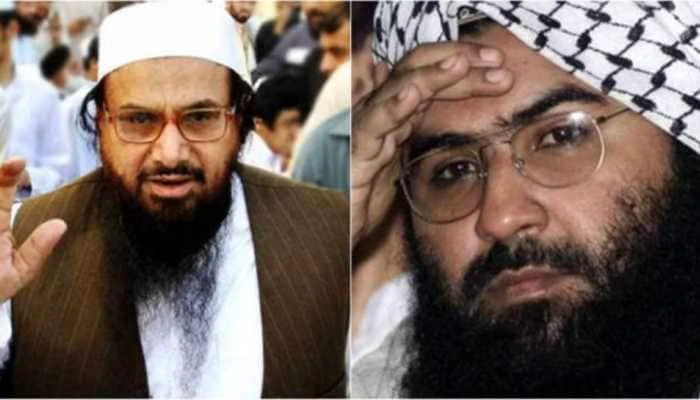New Delhi: It was not a policy shift or a cabinet decision. It came out of nowhere an offhand remark by former Foreign Minister Bilawal Bhutto that Pakistan could extradite Hafiz Saeed and Masood Azhar to India as a goodwill gesture.
No roadmap. No preparation. Just a sentence. But it triggered a flurry of speculation. Some called it bold. Others dismissed it as noise. For Islamabad, it was awkward. For New Delhi, it was familiar a promise that means nothing in practice.
The Treaty Excuse Thats Wearing Thin
Bhuttos comment might have briefly lit up newsrooms, but behind the spectacle lies a hard truth. Pakistan does not need Extradition Treaty to hand over Saeed and Azhar. It never did. Countries across the world have carried out extraditions without formal agreements, especially in terrorism cases. What matters is intent. And that is exactly what Pakistan lacks.
The legal path is clear, even if unused. India and Pakistan do not have the treaty. India proposed it in 2004, but Islamabad never responded. Still, international law allows extradition without one. All that needed is political will.
India had sent a formal extradition request to Pakistan in 2023 for Saeed and Azhar both of whom are wanted are in the deadly 2008 Mumbai terror attacks and 2001 Parliament attack case respectively. But Islamabad refused, arguing that the two nations do not have the treaty.
There are three widely accepted legal grounds that make it possible. First is double criminality. If an act is a crime in both countries, it qualifies. Terrorism meets that bar. Both India and Pakistan officially outlaw it. Even Pakistans former President and Chief of Army Staff Pervez Musharraf admitted that people like Saeed and Azhar were behind cross-border attacks.
The second principle is reciprocity. Nations can agree to extradite individuals based on mutual interest, even without a treaty. India has done this before with other countries.
The third is rooted in customary international law. Global norms encourage states to act against terror suspects, regardless of paperwork. So yes, Pakistan can act. But it wont.
The Legal Process Is Clear and Already Underway
The process is formal but far from complicated. India has already submitted official requests. Dossiers have been exchanged. The identities, charges and locations of the accused are no mystery. Pakistans courts could examine the request under its own legal code.
If everything checks out, the government makes the final call. And that is where it stops every time.
Whats Really Blocking the Handovers
Because Saeed and Azhar carry weight inside Pakistan. They serve a purpose far greater than their own causes. They help the military maintain its grip over the countrys foreign policy. They fuel anti-India propaganda. They keep the Kashmir narrative alive. And more than anything, they serve as reminders that the Army, not the civilian government, calls the shots.
Sending them across the border would do more than close a case. It would open a wound the Pakistani military has tried to keep sealed for decades. It would amount to admitting what New Delhi has alleged for years that Pakistan nurtured, protected and used these men. That is a line the generals are unwilling to cross.
Even if an elected government wished to go through with the extradition, it would not move without Rawalpindis nod. And that nod is not coming. Because in Pakistan, handing over a terrorist is not a legal question. It is a political suicide note.
So for now, Saeed and Azhar remain where they have always been. Shielded. Untouched. Not because they are innocent. Not because the law prevents it. But because the system protects them and depends on them.
